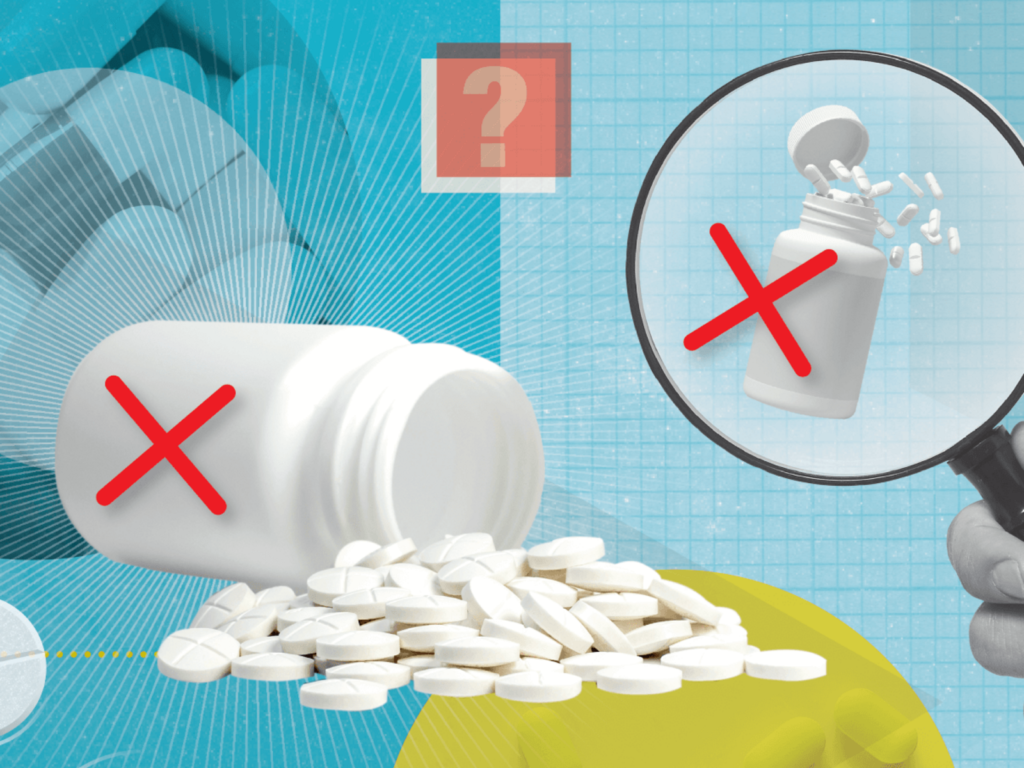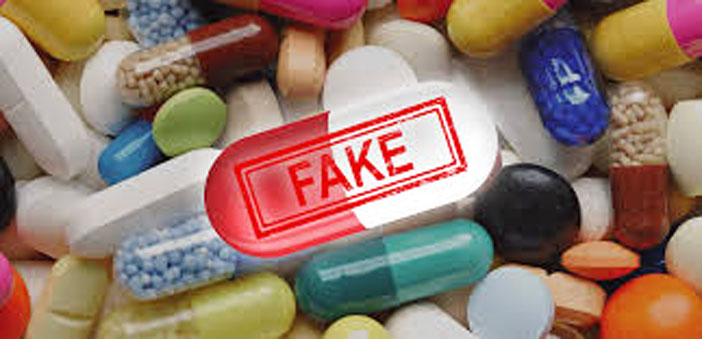Fake Medicines Pose Grave Threat to Public Health in Jammu and Kashmir and there is urgent need Need for Stringent Regulations and Enforcement Mechanisms
By Meer Muhammad Yassir
The health industry is a vital part of any society, designed to serve and protect the well-being of individuals. However, in recent years, the rise of fake medicines has emerged as a major concern, particularly in the region of Jammu and Kashmir. The availability and circulation of counterfeit drugs in this Union Territory (UT) have become a significant challenge, posing a grave threat to public health. Counterfeit medicines are being sold and distributed without proper regulation or oversight, leading to dire consequences for patients and eroding trust in the healthcare system. Fighting Fake Medicines
The Rampant Problem of Fake Medicines
Reports indicate that the problem of fake medicines in Jammu and Kashmir is rampant, with counterfeit drugs flooding the market and endangering the lives of unsuspecting patients. The lack of stringent regulations and border checking has facilitated the thriving trade of fake medicines in the region, leading to widespread availability and circulation of these counterfeit drugs. Several incidents of counterfeit drug rackets being busted in Jammu and Kashmir have come to light, revealing the gravity of the situation.

The consequences of fake medicines are dire and far-reaching. Not only do they compromise the health and safety of patients, but they also erode trust in the healthcare system. Fake medicines often contain substandard or harmful ingredients, leading to treatment failure, drug resistance, and even death. Patients who unknowingly consume these fake medicines may not only fail to get the intended benefits of the medication, but may also suffer from harmful side effects. In addition, fake medicines can undermine the efficacy of genuine medicines, leading to treatment failures and prolonged illnesses. This poses a significant risk to public health in Jammu and Kashmir and requires urgent attention.
The Global Concern of Fake Medicines
The issue of fake medicines is not limited to Jammu and Kashmir alone, but is a global concern. According to the World Health Organization (WHO), one in ten medical products in low and middle-income countries is substandard or falsified, posing a significant threat to public health worldwide. This indicates that fake medicines are not limited to a particular region or country, but are a pervasive problem that requires concerted efforts at the global level to combat. The International Federation of Pharmaceutical Manufacturers & Associations (IFPMA) has also highlighted the dangers of counterfeit medicines, calling for global collaboration to address this menace. It is evident that the issue of fake medicines is a global challenge that needs to be addressed with urgency and coordinated efforts.
Causes of Fake Medicines
Several factors contribute to the rampant problem of fake medicines in Jammu and Kashmir. One of the primary causes is the lack of stringent regulations and border checking mechanisms. Counterfeiters take advantage of lax regulations and weak enforcement mechanisms to produce and distribute fake medicines. The absence of proper checks and balances allows these counterfeit drugs to enter the market, posing a grave threat to public health. The authorities need to strengthen regulations and enforcement mechanisms to prevent the production and distribution of fake medicines in the region.
Another contributing factor is the lack of public awareness about the risks of fake medicines. Patients often unknowingly purchase counterfeit drugs from unauthorized sources, such as unlicensed pharmacies or street vendors, due to lack of awareness about the risks and consequences. Increased public awareness campaigns and education about the dangers of fake medicines can empower patients with knowledge and caution them against buying medicines from unauthorized sources. Education and awareness among healthcare professionals and pharmacists are also crucial in identifying and reporting counterfeit medicines.
High Demand for Affordable Medicines
Access to affordable and quality healthcare is a fundamental human right, yet in many parts of the world, including Jammu and Kashmir, it remains a challenge for millions of people. The rising cost of medicines has become a significant concern, particularly for the vulnerable population of this Union Territory (UT) in northern India. The high demand for affordable medicines in Jammu and Kashmir reflects the urgent need to address this issue and ensure that people have access to essential medicines for their health and well-being.
One of the primary reasons for the high demand for affordable medicines in Jammu and Kashmir is the economic status of the population. The majority of the population in the UT consists of low-income households, and many people struggle to make ends meet on a daily basis. For these families, spending a significant portion of their income on expensive medicines is often not feasible. As a result, access to affordable medicines becomes crucial for them to manage their health conditions and improve their quality of life.
Furthermore, the lack of comprehensive health insurance coverage in UT further exacerbates the demand for affordable medicines. Despite efforts by the government to expand health insurance coverage through various schemes, a large proportion of the population remains uninsured or underinsured. This means that people have to pay out of pocket for their healthcare expenses, including medicines, which can be a substantial financial burden. The high cost of medicines, especially for chronic conditions such as diabetes, hypertension, and asthma, adds to the financial strain on families and communities, leading to a high demand for affordable alternatives.
The demand for affordable medicines in Jammu and Kashmir is also driven by the prevalence of communicable diseases in the region. Infectious diseases such as tuberculosis, malaria, and hepatitis are significant public health challenges in the region, and access to affordable medicines is crucial for their prevention, diagnosis, and treatment. Many of these diseases disproportionately affect marginalized communities, including those living in remote areas with limited access to healthcare facilities. Affordable medicines play a vital role in controlling the spread of these diseases and improving health outcomes for affected individuals and communities.
The high demand for affordable medicines in Jammu and Kashmir has led to various initiatives and efforts by the government, non-governmental organizations (NGOs), and other stakeholders to address this issue. The Jammu and Kashmir government has implemented several schemes and programs to improve access to affordable medicines, including setting up government-run pharmacies, providing subsidies on essential medicines, and promoting generic medicines. NGOs and charitable organizations are also working tirelessly to provide medicines at subsidized prices or for free to vulnerable populations, particularly in remote and underserved areas.


Comments are closed.